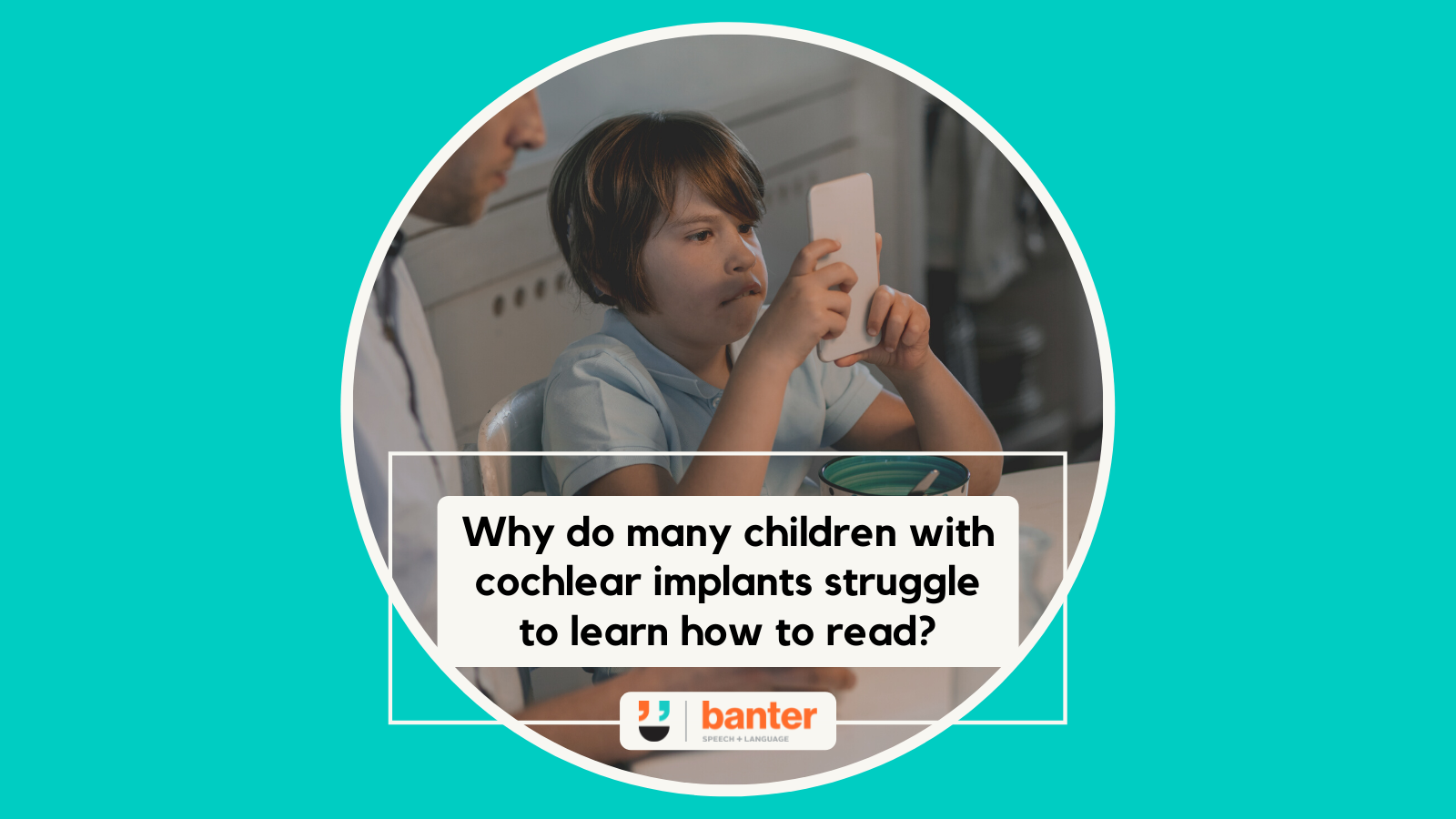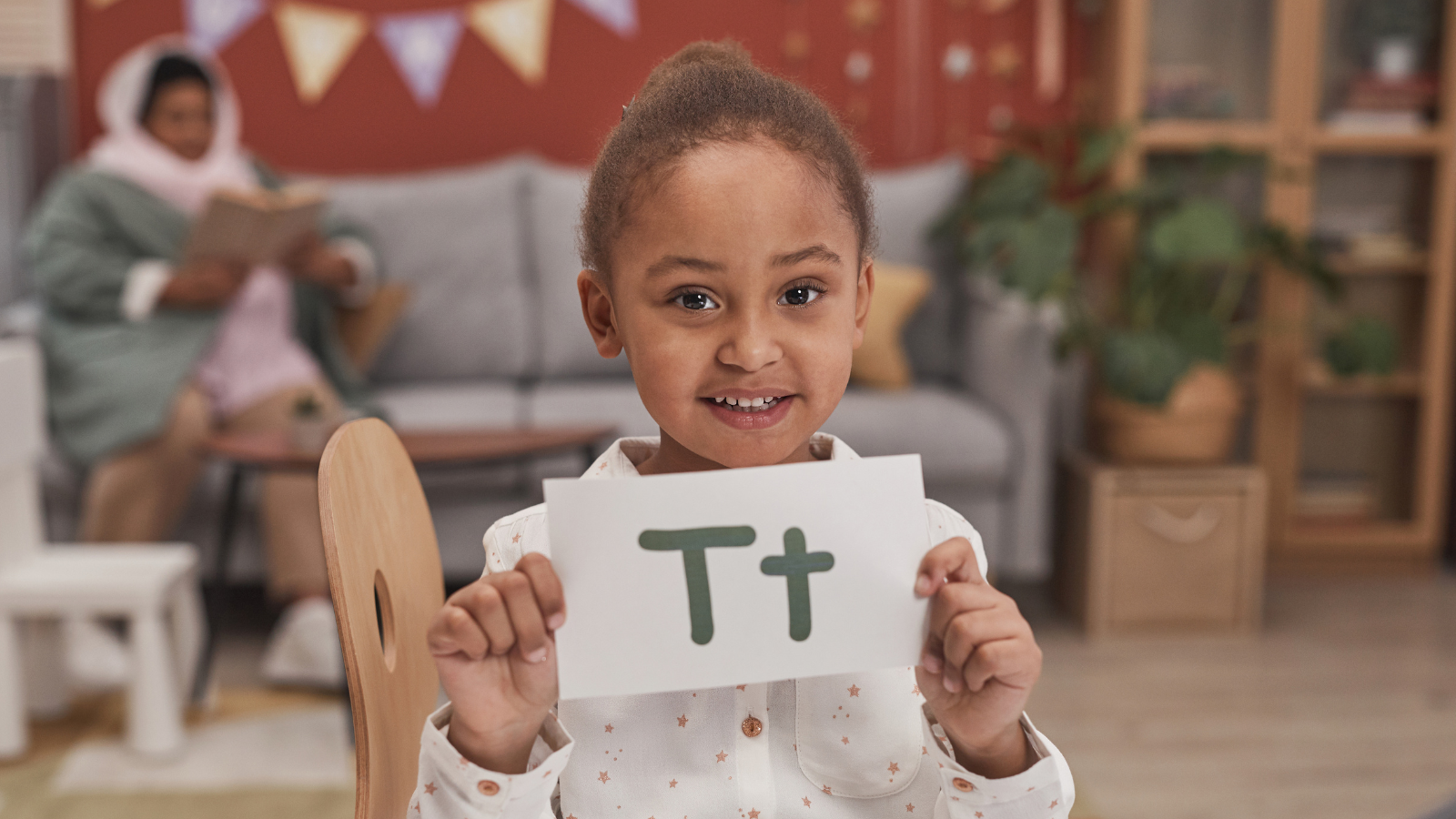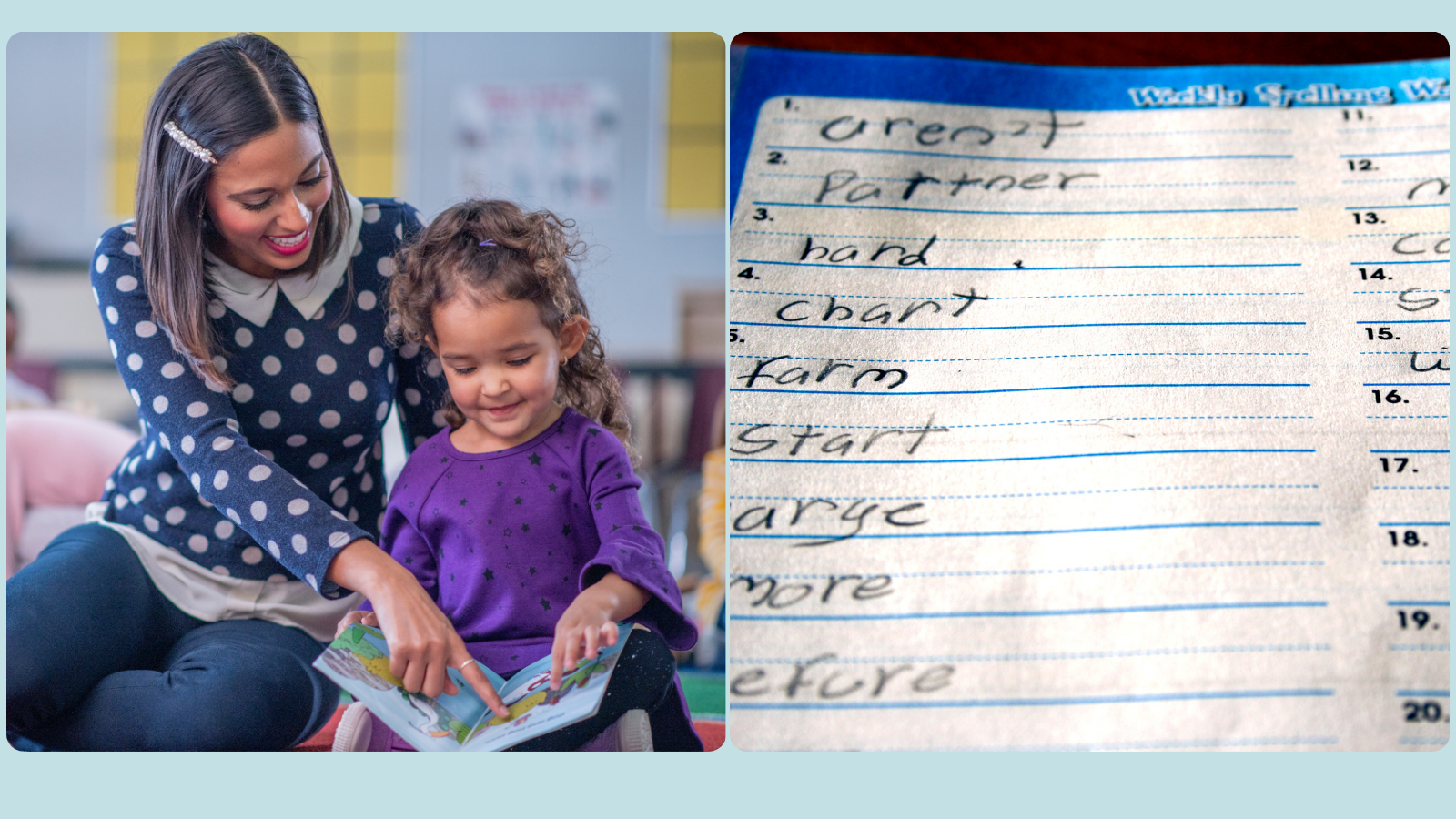Why do many children with cochlear implants struggle to learn how to read?
One of the greatest inventions I have witnessed in my lifetime is the multichannel cochlear implant developed by Professor Graeme Clark and colleagues in the 1970s. But the technology – and the many subsequent advances made over the years – aren’t a panacea for the effects of hearing loss of communication.
Cochlear implants do not restore “normal” hearing: they replace the damaged area of the inner ear and use electrical impulses to stimulate the auditory nerve. This is very different to hearing aids, which amplify sound and provide greater stimulation to the damaged areas of the ear.
Cochlear implants help with speech and oral language
Generally, a child must be diagnosed with severe or profound sensorineural hearing loss in one or both ears to be eligible for a cochlear implant. For children with severe or profound hearing loss:
- a large body of evidence suggests that the language-learning trajectories improve after receiving a cochlear implant; and
- cochlear implants have been associated with better outcomes of receptive and expressive language and speech production when compared to hearing aids.
Cochlear implants and reading
Many children with cochlear implants experience difficulties when learning to read and write:
- Children and young adults with cochlear implants (including beginning readers, older school-aged children, and adolescents) often demonstrate impaired reading comprehension compared with their typically hearing peers.
- There is some evidence that older school-aged children with hearing aids report significantly better reading comprehension outcomes compared to aged-matched children with the same degree of severe-to-profound hearing loss and cochlear implants.
Why?
We don’t know for sure and we need more research to get to the bottom of it.
Compared with typically hearing peers, many children with cochlear implants experience difficulties with:
- phonological awareness and nonword repetition tasks; and
- word recognition tasks.
Following the Simple View of Reading and Dual stream models of reading, the skills probed by these tasks are all associated with early reading development.
Do children need phonology to learn to read?
Some researchers think that children with severe and profound hearing loss are able to “bypass” the need for phonological awareness and learn to read using existing word knowledge (language skills) and spelling knowledge. Others suggest that phonology plays just as critical a role for children with hearing loss as for children with typical hearing.
The weight of evidence and practice to date suggests that phonological processing is a significant precursor for word reading abilities for all children, regardless of hearing status. For example, a key principle of auditory-verbal therapy is that literacy learning develops along the same trajectory for all children, regardless of hearing status.
Some children may be able to obtain phonological information from a visual representation of the target phoneme’s articulatory placement. Findings reported in a recent study by Kart (2021), for example, suggest that explicit targeting of phonics and phonological awareness with visual cues for articulation may improve literacy performance.
Other factors
The development of spoken and written language skills may be affected by the age at which an individual receives their cochlear implant. Although the evidence is mixed, there is a general trend for better outcomes in children implanted early. A student’s learning environment may also make a difference.
There is some (low level) evidence to suggest that reading outcomes might be affected by the primary mode of communication used by children with cochlear implants. But the current evidence base is far too thin and mixed to say anything more about this at this stage.
Clinical bottom line
Literacy skills are tied to a child’s self-efficacy, and their attitude towards learning more generally. They also support longer term success with education and work.
Children with cochlear implants appear, on average, to have difficulties learning to read, compared to their age-matched, typically hearing peers. Evidence to date suggests that phonological awareness is just as significant a factor in reading outcomes for children with hearing loss as it is for typically hearing children.
Some older children with cochlear implants may develop an adequate degree of word recognition using word recognition and spelling knowledge to compensate for phonological processing difficulties. But, on average, these skills appear to be below the standards of their typically hearing peers.
We need more studies to help families, speech pathologists, audiologists and teachers to support the literacy development of children and adolescents with cochlear implants. At the same time, we should continue to monitor speech, language and reading outcomes as cochlear implant technologies continue to improve for children with severe or profound sensorineural hearing loss.
Principal source: Bell, N., Angwin, A.J., Wilson, W.J, and Arnott, W.L (2021). Literacy Development in children with cochlear implants: a narrative review. Australian Journal of Learning Difficulties, doi.org/10.1080/19404158.2021.2020856








